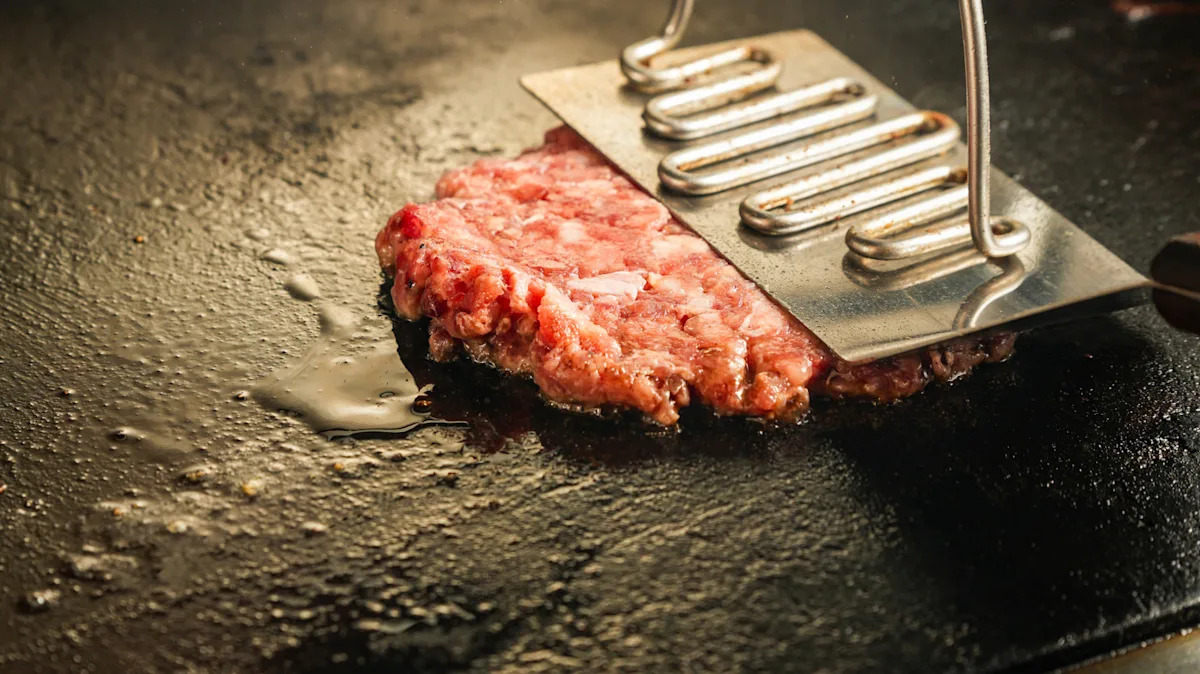Home / Business and Economy / Burger Chef's Downfall: A Fast-Food Cautionary Tale
Burger Chef's Downfall: A Fast-Food Cautionary Tale
17 Nov
Summary
- Burger Chef was a major competitor to McDonald's in the 1950s-1960s
- Burger Chef was acquired by General Foods Inc. in 1968 for $16 million
- General Foods Inc. sold Burger Chef to Hardee's/Carl's Jr. in 1981 for $44 million

Back in the mid-to-late 1900s, the fast-food landscape was not entirely dominated by McDonald's. One of its main competitors was Burger Chef, a company that aimed to elevate the quality and experience of the popular burger-and-fries format.
Burger Chef was founded in Indianapolis in the 1950s and quickly gained a reputation for its detail-oriented approach and commitment to innovation. The chain introduced the "Triple Threat" deal, allowing customers to buy a combo of fries, a burger, and a drink for just 45 cents. This innovative spirit and focus on quality helped Burger Chef become a formidable challenger to McDonald's.
However, Burger Chef's success was short-lived. In 1968, the company was acquired by General Foods Inc. for over $16 million. This merger ultimately led to Burger Chef's downfall. Under General Foods' ownership, the chain struggled to maintain its unique culture and innovative edge. Attempts to rebrand the restaurant resulted in an $83 million loss for General Foods in 1971, leading to the early retirement of the company's CEO.
Struggling financially, General Foods sold Burger Chef to Hardee's/Carl's Jr. in 1981 for $44 million. This change in ownership marked the beginning of the end for the once-promising burger chain. The Burger Chef story serves as a cautionary tale about the importance of preserving a company's culture and values, even in the face of growth and acquisition.




